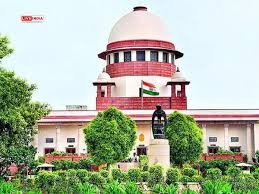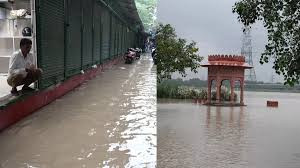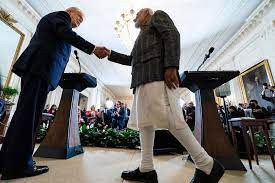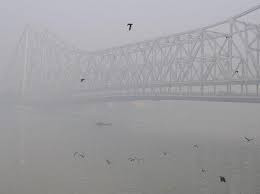Supreme Court Orders CBI Probe Into Builder-Bank Nexus Amidst Mounting Homebuyer Complaints

IIE DIGITAL DESK : far-reaching consequences across India’s real estate and financial sectors, the Supreme Court has directed the Central Bureau of Investigation (CBI) to conduct a detailed probe into the alleged nexus between major real estate developers and banking institutions. The directive comes following a slew of petitions filed by aggrieved homebuyers who claim they were forced to pay EMIs for flats and apartments that were never handed over, in spite of sanctioned loans and completed financial documentation. The court has expressed deep concern over what it termed a “systemic failure” that appears to involve collusion at multiple levels, leaving thousands of middle-class buyers financially crippled.
A bench headed by Justice Surya Kant and Justice N Kotiswar Singh passed the order and emphasized that the alleged corruption is not limited to a single incident or region but appears to be part of a wider criminal conspiracy involving real estate developers and lending institutions. The court directed the CBI to register seven separate preliminary enquiries to probe different aspects of the builder-bank nexus. These include the role of public and private banks that allegedly disbursed massive home loans without physical verification of the construction progress or the financial viability of the projects.
The case came to the forefront after several homebuyers, primarily from Delhi NCR, Mumbai, Chandigarh, Mohali and Kolkata, approached the court alleging that they were burdened with loan repayments for properties that remain unfinished for years. Many claimed that the loans were sanctioned and disbursed by banks directly to developers without due diligence, suggesting possible collusion or willful negligence. One of the key developers under the scanner is Supertech Ltd, which has over 20 ongoing or stalled projects across several Indian cities. The company, already under pressure from previous demolition orders related to illegal construction, now finds itself at the centre of an unprecedented investigation.
The Supreme Court’s directive to involve the CBI marks a serious escalation in accountability measures within the country’s real estate sector, which has frequently faced criticism for its lack of transparency and regulatory enforcement. In its observations, the court noted that such “unholy alliances” have not only violated the trust of homebuyers but also compromised the financial integrity of banking institutions. The court underlined that regulatory bodies, including the Reserve Bank of India and National Housing Bank, need to assess the internal monitoring mechanisms of banks that participated in these suspect financial transactions.
According to the petitioners, the alleged scam has affected thousands of families who invested their life savings in projects that now exist only on paper. Many claimed they were promised possession within a few years but even after a decade, they continue to pay interest on loans while managing rent and legal expenses. The psychological and financial toll, they said, has been immense. With the CBI now tasked with uncovering the details of these transactions, there is renewed hope among buyers that criminal accountability will finally be enforced on what many consider a long-standing scam involving powerful interests.
Financial experts have noted that the implications of the probe could be significant for both the real estate and banking industries. If proven, such collusion could lead to a major overhaul in how housing loans are sanctioned, monitored and disbursed. The role of internal auditors, bank executives and property valuation agencies is likely to come under intense scrutiny. It may also spark a broader policy rethink within the Ministry of Housing and Urban Affairs regarding regulation, oversight and the powers of bodies such as RERA, which was created to bring accountability in the sector.
The CBI has been given a limited window to complete its preliminary enquiries, after which it may proceed with filing FIRs if criminal wrongdoing is established. This development is being closely watched by consumer rights groups, industry bodies, and legal experts who believe that the probe has the potential to clean up some of the opaque practices that have plagued the housing sector for decades. The Supreme Court’s strong language and proactive order signal that the judiciary is prepared to step in decisively when systemic corruption threatens the public interest.
You might also like!
















